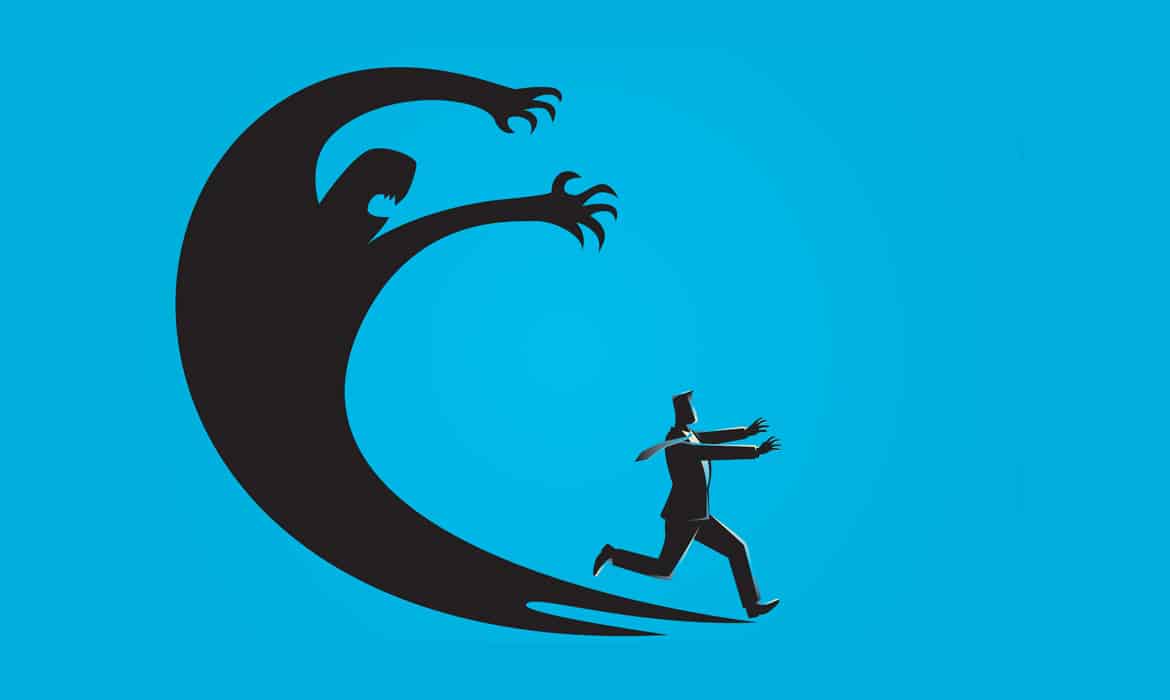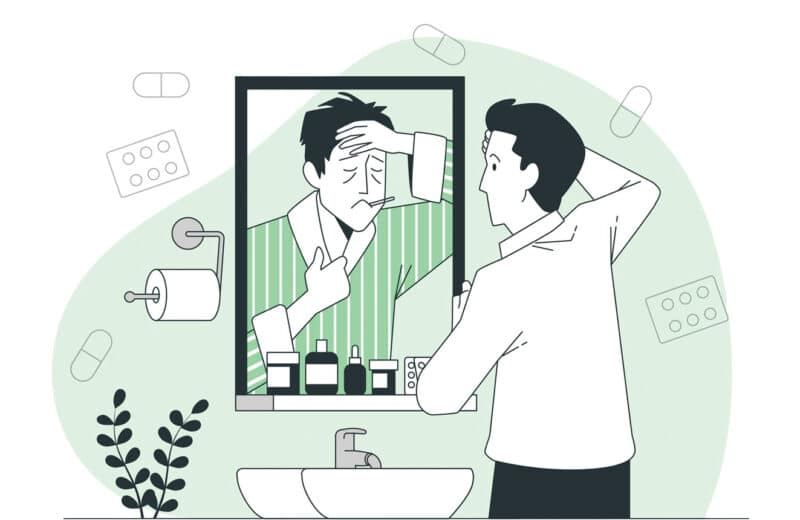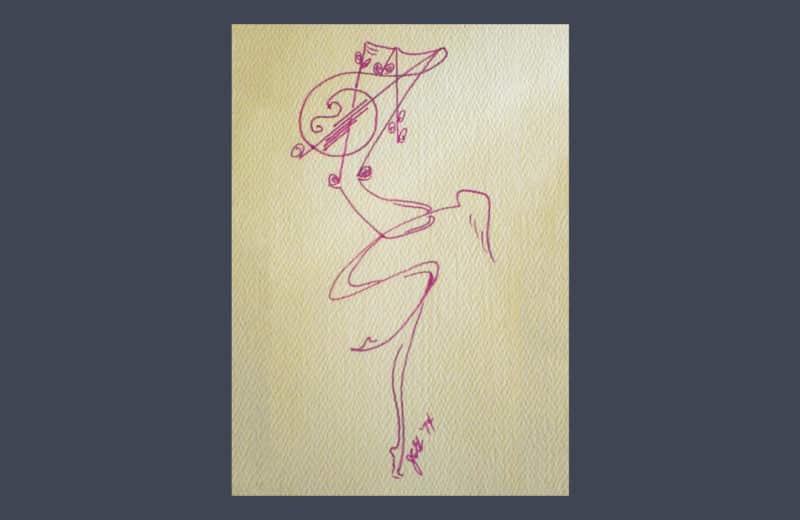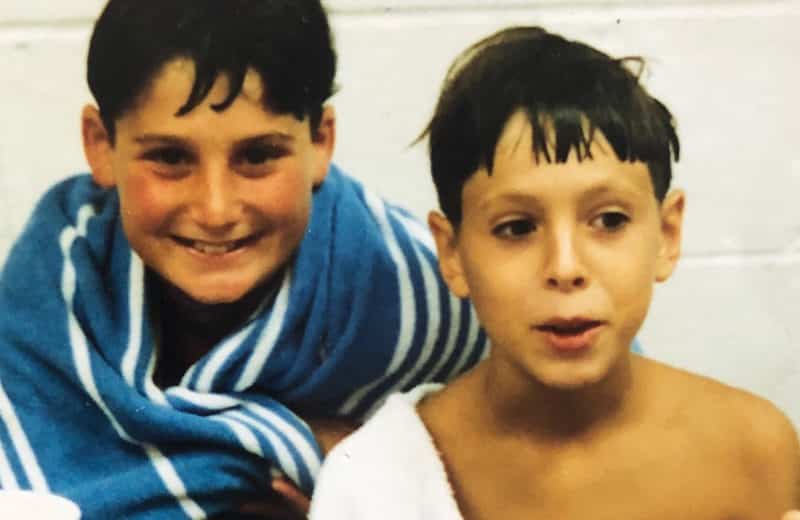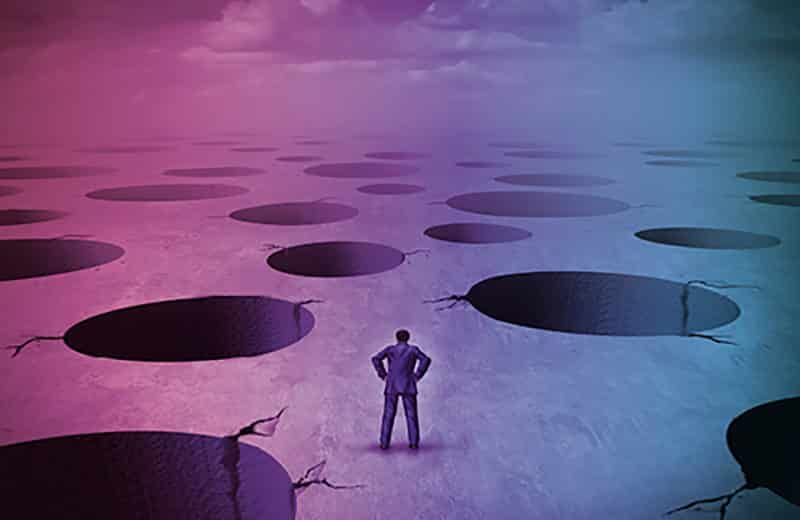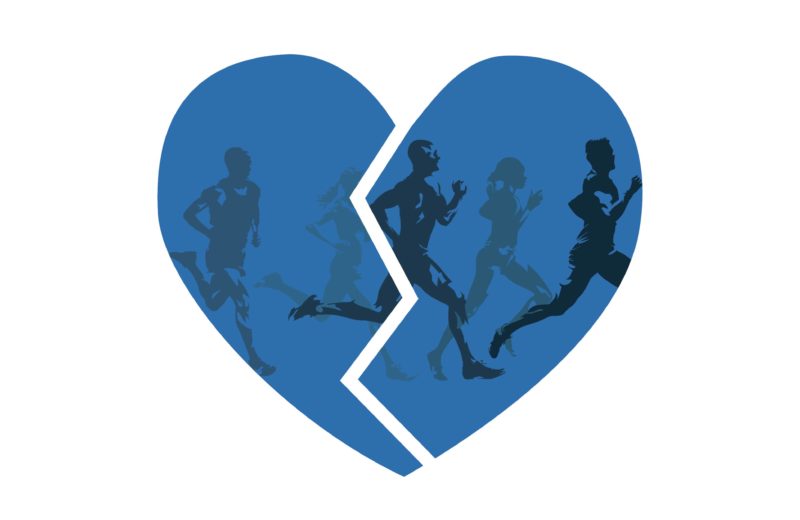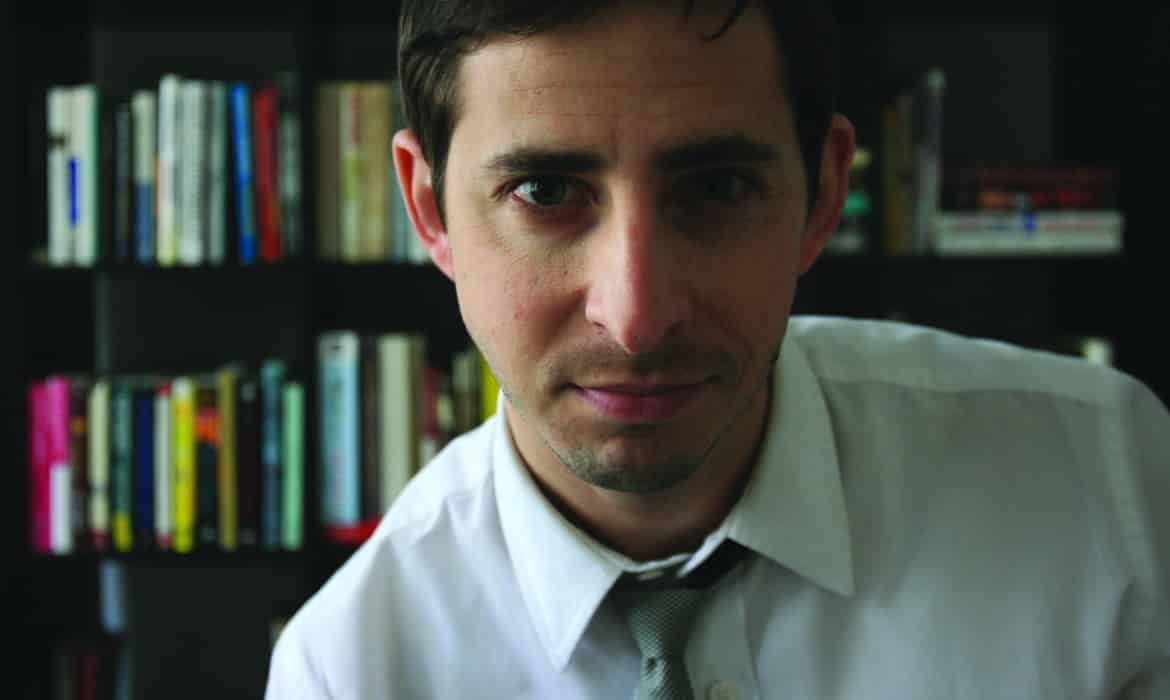
One in three adults will experience shingles in their lifetime, according to the Centers for Disease Control and Prevention (CDC). The risk for shingles rises sharply over 50, because as we age, our immune system doesn’t work as well as it once did. That’s why my diagnosis at 31 was such a shock. However, once I learned why my young immune system wasn’t pulling its weight, the shock took immediate leave.
The three years prior to my outbreak were rough. I had been fighting through unemployment most of that time (it was the Great Recession); I was in a miserable relationship with a woman who turned emotional abuse into an art form; my grandfather was diagnosed with, then died from, cancer; and my best friend died unexpectedly in his sleep. I affectionately refer to those three years as “The Dark Times.”
I was in a constant state of fear and panic during these years, and when the fear and panic gets too high and we’re no longer taking care of ourselves, our bodies make a point to tell us so. Pain is the body’s way of telling us something is wrong. And something was very wrong. I was stressed. Way, way too stressed. I was barely eating. I wasn’t sleeping. And I made myself sick.
“There’s a tight link between sleep deprivation and hypertension, obesity and even type 2 diabetes,” says Joshua Straus, MD, a psychiatrist at NorthShore University HealthSystem. “Healing functions occur during sleep, not only in the brain but in the body.”
There’s also a link, Straus says, between adversity or being put in high-risk situations and developing or worsening a disorder, especially autoimmune disorders like lupus.
So a child who grew up in an abusive home, for example, may be more likely to succumb to more dramatic symptoms of whatever illness they are predisposed to. We’re all resilient — to a point. That resilience and how we’re affected by the pain that comes after our breaking point, however, is unique to each of us.
My pain began in my mind and made its way to my body. For others, it’s the opposite effect — a phenomenon known as somatic symptom disorder (SSD).
SSD occurs when extreme anxiety about physical symptoms interferes with everyday life. Think of an asthmatic who is having trouble breathing and begins panicking, leading to more trouble breathing. Pain and panic beget pain and panic. In some way, sometimes, it becomes an instance of mind over matter. But tread lightly here.
“Mind over matter doesn’t cure,” Straus says. “The idea that if we cannot change or improve our health we are not trying hard enough is a very damaging and shaming message. But sometimes people can improve their well-being by changing their thinking and responding to negative circumstances. If you can put some distance between the symptom and yourself, you can avoid being overwhelmed by it.”
People live with colon cancer and rheumatoid arthritis. With circulatory and respiratory and joint issues and degrees of paralysis. And they maintain a healthy lifestyle, relatively speaking.
“The trade-off is around the acceptance and responsibility of taking care of ourselves while not denying ourselves excitement and pleasure, in moderation,” Straus says. Being erratic in our behavior — or allowing alcohol and drugs to interfere with sleep and a healthy diet — can hurt us physically and emotionally.
Psychologically speaking, Straus says, “Sometimes things just are, and if you can find a way to just bear the distress of it, and not get overwhelmed trying to change that which is beyond changing, things may get a whole lot more settled over time.”
Supreme Court Justice Oliver Wendell Holmes Jr. said, “Trouble creates a capacity to handle it.” It’s this quote I’ll recall the next time my life goes a little haywire — and it will, because that’s life. And it’ll be a pain in the neck to deal with, but it’s better to deal with pain as a figure of speech than to create more mind and body pain than is absolutely necessary.

